atlantic first nations Health Emergency Management Gathering
The Changing Landscapes of Emergency Management
June 17 & June 18, 2025 | Mill River Resort, Epekwitk (PEI)
Day(s)
:
Hour(s)
:
Minute(s)
:
Second(s)
about the event
The Mi’kmaq Confederacy of PEI is thrilled to welcome you to Epekwitk, Mi’kma’ki for an inspiring two days of engaging guest speakers and workshops designed to help you feel more empowered, informed, and prepared when managing health emergencies.
This unique event will bring together Atlantic First Nations healthcare and emergency management professionals, to explore the changing landscapes of emergency management.
what to expect
Dynamic & Engaging conversations
Be a part of dynamic conversations on the changing landscapes of health emergency management. Understand the importance of mental well-being and strategies to support individuals and communities facing crisis.
Networking & Community Building
Create valuable connections with like-minded professionals who are dedicated to emergency response in Atlantic First Nations communities. Build a supportive network, exchange insights, and collaborate on solutions to strengthen your collective ability to respond to health crisis.
Cultural awareness & inclusion
Embrace a culturally safe learning environment focused on acknowledging, respecting, and incorporating Indigenous knowledge, perspectives, and approaches to emergency management.
who should attend?
- Atlantic First Nations healthcare professionals and first responders
- Atlantic First Nations organizations and technicians working in health and wellness sectors
- Atlantic First Nations emergency management coordinators
- Regional entities involved in Atlantic First Nations mental wellness
- Regional entities involved in emergency management
Meet Our Speakers
Dr. Carol Hopkins
Françoise Mathieu
Dr. Robin Cox
Cari McIntyre
Heather MacKenzie-Carey
Megan Hudson
Venue & Accomodations (Sold Out)

Mill River Resort
Please note, due to an overwhelming amount of interest for our event, the hotel is now sold out for these dates.
This unique gathering will take place at the Mill River Resort located in the western part of the Island. As a 4-star rated resort, Mill River is truly one of Epekwitk’s most unique vacation destinations. The property boasts a newly renovated hotel with 81 large guestrooms and is home to Mill River Golf Course, voted one of “Canada’s Best Golf Values.” Their never-ending list of amenities include an indoor pool and 90’ waterslide, full service spa, beach volleyball & tennis courts, driving range and additional 3-hole golf course and nature trail.
Event schedule
Day 1 – Tuesday, June 17
8:00 am
Breakfast and Registration
9:00 am
Official Opening and Welcome Remarks
9:30 am
Carol Hopkins | First Nations Mental Wellness Needs in Emergency Planning, Response, and Recovery
9:45 am
Networking Break
11:15 am
Heather MacKenzie – Carey | Relational Emergency Management
12:00 PM
Lunch and Outdoor Break
1:00 pm
Françoise Mathieu | Staying Grounded in a Shifting Landscape: Supporting Teams Through Crisis, Change, and Recovery
2:30 PM
Networking Break
2:45 PM
Megan Hudson | Red Cross Harm Reduction Toolkit
3:30 PM
Closing Circle
6:00 PM
Evening Social hosted by Lennox Island First Nation
Day 2 – Wednesday, June 18
8:00 AM
Breakfast
9:00 am
Official Opening
9:30 AM
Dr. Robin Cox and Cari McIntyre | Honouring What Already Exists: A Relational Reimagining of Emergency Management
10:15 am
Networking Break
10:30 AM
Dr. Robin Cox and Cari McIntyre | Honouring What Already Exists: A Relational Reimagining of Emergency Management
11:45 am
Closing Circle and Remarks
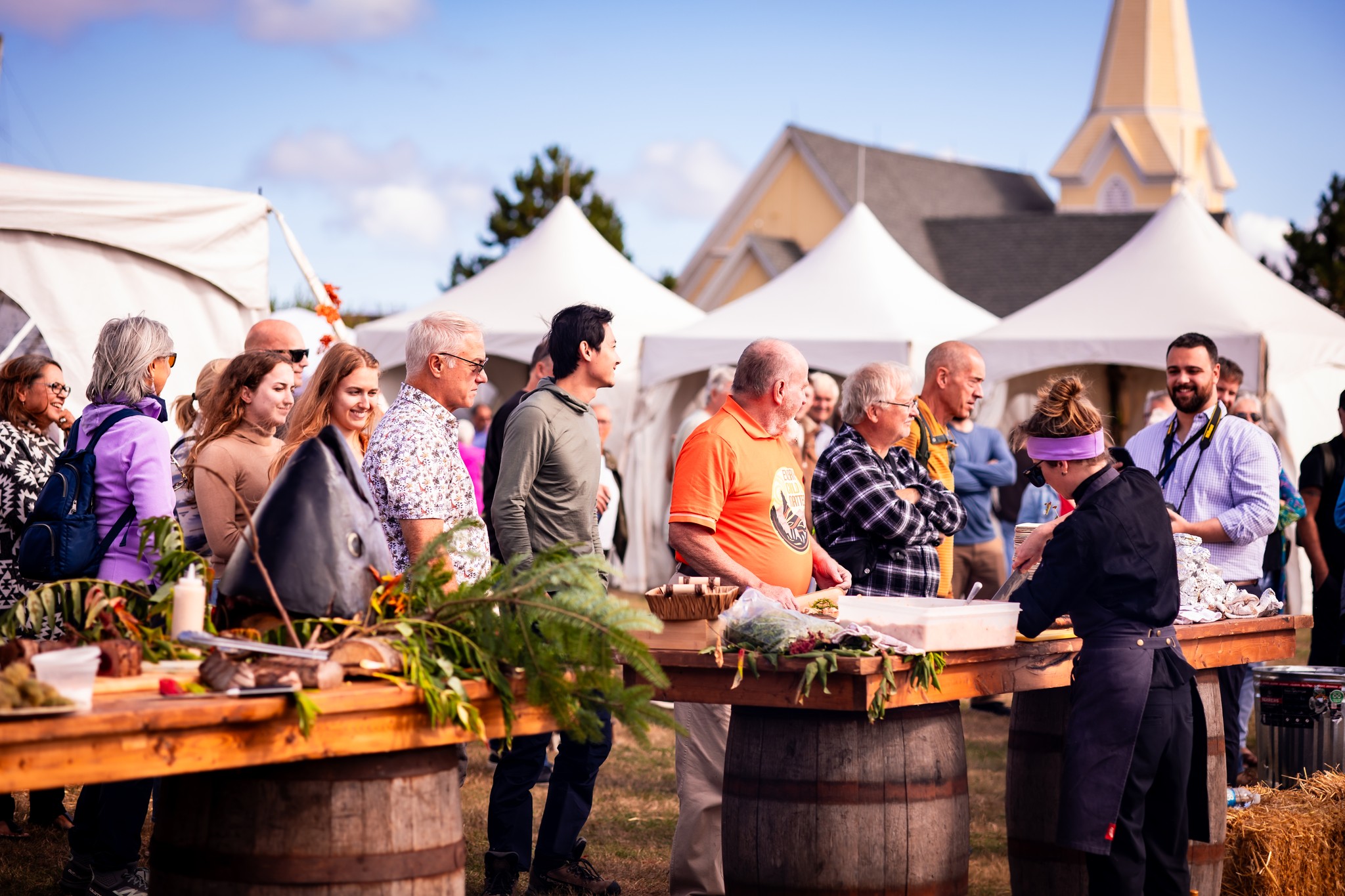
Lennox Island First Nation presents: Megapaji “To Eat In Abundance”
“Megapaji” To Eat in Abundance will take place in the community of Lennox Island overlooking the beautiful Malpeque Bay. Guests can look forward to a warm welcome and a taste of the Island’s culture. Enjoy cultural presentations that highlight the unique history, traditions, and vibrant spirit of the Lennox Island Mi’kmaq community.
Transportation will be provided to and from the Mill River Resort. Get ready to relax and unwind with fellow attendees. Conference attendees must RSVP within the conference registration!
TOGETHER, WE CAN navigate the changing landscapes of emergency management.
We look forward to your participation in this special event. If you have any questions, please don’t hesitate to reach out to our team at communications@mcpei.ca

This special gathering is made possible by the support of our dedicated partners.
Wela’lioq | Thank you



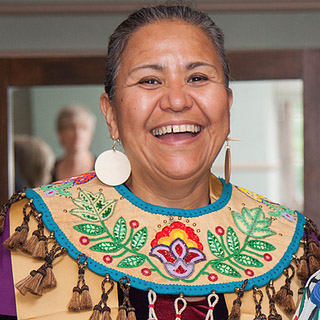
Dr. Carol Hopkins
Dr. Carol Hopkins is the Chief Executive Officer of the Thunderbird Partnership Foundation (a division of the National Native Addictions Partnership Foundation) and is of the Lenape Nation at Moraviantown, ON. Carol was appointed as an Officer in the Order of Canada, 2018. In 2019, she was recognized with an honorary Doctor of Laws degree from Western University.
Carol Hopkins has spent more than 20 years in the field of First Nations addictions and mental health. She holds both a Masters of Social Work Degree from the University of Toronto and a degree in sacred Indigenous Knowledge, equivalent to a PhD in western based education systems. Carol also holds a sessional faculty position in the school of social work at Kings University College at Western University.

Françoise Mathieu
As the child of two French-Canadian educators, Françoise spent her early years in Nunavik, northern Québec. Growing up in the Arctic had a lasting impact on her worldview and shaped her social justice lens toward understanding how burnout, secondary traumatic stress, and empathic strain affect all members of a community.
Before becoming a specialist in organizational stress and trauma-exposed work, Françoise worked as a front-line mental health professional. She spent over a decade providing crisis support and employee assistance to various sectors, including military personnel and first responders. Today, her work focuses on supporting the psychological health of teams and leaders facing high-pressure situations – particularly during emergencies, sudden losses, health crises, and other complex challenges.
Françoise has worked with multidisciplinary teams across Canada and the U.S., including the National Indigenous Circle Against Family Violence, the Indigenous Well-Being Conference, Northern Health Authority (BC), and Nova Scotia Health. She has also partnered with emergency management professionals and health leaders responding to wildfires, public health emergencies, and other large-scale events.
Françoise is the Executive Director of TEND, a consulting firm that provides education and training to professionals in high-stress roles. She is a Registered Psychotherapist in Ontario, a founding member of the Secondary Traumatic Stress Consortium, and the author of The Compassion Fatigue Workbook.
Staying Grounded in a Shifting Landscape: Supporting Teams Through Crisis, Change, and Recovery
Emergencies are becoming more frequent and more complex—from wildfires and hurricanes to health crises, toxic drug deaths, mental health crises, and major social and political shifts. In this changing landscape, it’s clear that strong emergency management requires more than good logistics and infrastructure. It also means taking care of the people who are leading the response.
This presentation will look at how organizations and communities can build stronger response systems by including mental health and team support in every stage of the emergency cycle. We’ll explore practical tools for debriefing, creating action plans, and supporting staff in ways that are realistic and sustainable—before, during, and after a crisis. The session will offer ideas and approaches for building systems that can better handle today’s challenges while taking care of the people doing the work.
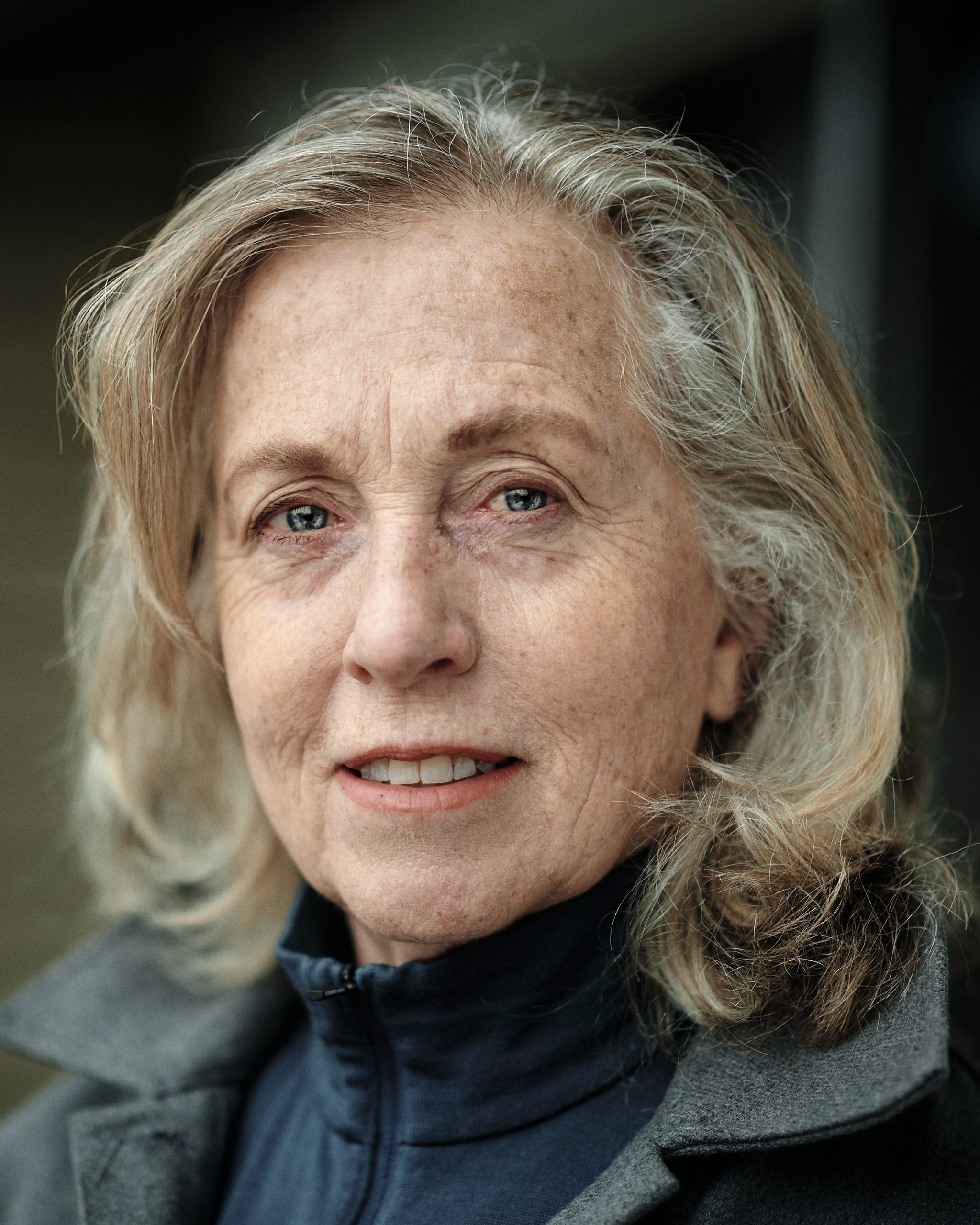
Dr. Robin Cox
Dr. Robin Cox has over 25 years of experience working in the intersecting fields of disaster and emergency management and climate action. As director of the Resilience by Design Lab (RbD) at Royal Roads University, Robin works with an interdisciplinary and multi- sectorial team of faculty, students, youth, and external partners (government, business, academic) to conduct regional, national and international climate adaptation research and capacity-building projects.
Based in Victoria, British Columbia, Robin is the Program Head of the Master of Arts in Climate Action Leadership at Royal Roads University (RRU) and a Professor in the Disaster and Emergency Management Master of Arts program.
Her work advances leadership and upskilling in climate and disaster resilience through initiatives such as the M.A. in Climate Action Leadership, an innovative open-learning Graduate program, the design of the first ever comprehensive Climate Action Competency Framework, and a range of nationally funded research projects that seek to contribute to scholarship while also empowering youth, professionals and communities as leaders in taking action on climate and disaster resilience. Robin holds a doctorate in Counselling Psychology from the University of British Columbia.
Honouring What Already Exists: A Relational Reimagining of Emergency Management
Emergency Management is not what it once was- or at least, it shouldn’t be. While the field has begun to shift in theory away from top-down, outside-expert models, we now need to see that shift more fully embraced in practice. For Indigenous communities, the work of care, planning, and resilience is not new. Being in right relationship- with each other, with the land, and with broader systems – has always been central to community survival, well-being, and health.
In a climate changing world, there is a growing need for complex multi-jurisdictional, multi-disciplinary, multi-sector networks that can collaboratively and more holistically address climate and disaster risks. This session explores relational emergency management as an approach that meets that need while honouring the protocols, responsibilities, and forms of care that already exist in communities. Drawing on research and the on-the-ground experience of the presenters, this session will actively engage participants in exploring the potential of relational practices –such as recurring preparedness circles, continuous cultural immersion workshops, iterative community profile updates, joint emergency drills with cultural debriefings, and regular on-ground relationship building – as tools for reducing disaster risks, reinforcing long-term, respectful, and empowering relationships.
As non-Indigenous presenters, we do not speak for Indigenous peoples, but seek to reflect on the ways in which emergency management must learn from and be accountable to the knowledge and leadership already present. While relational approaches may feel novel to some in emergency management, they are foundational to many communities and offer a way forward for building a resilient, healthy and equitable future.
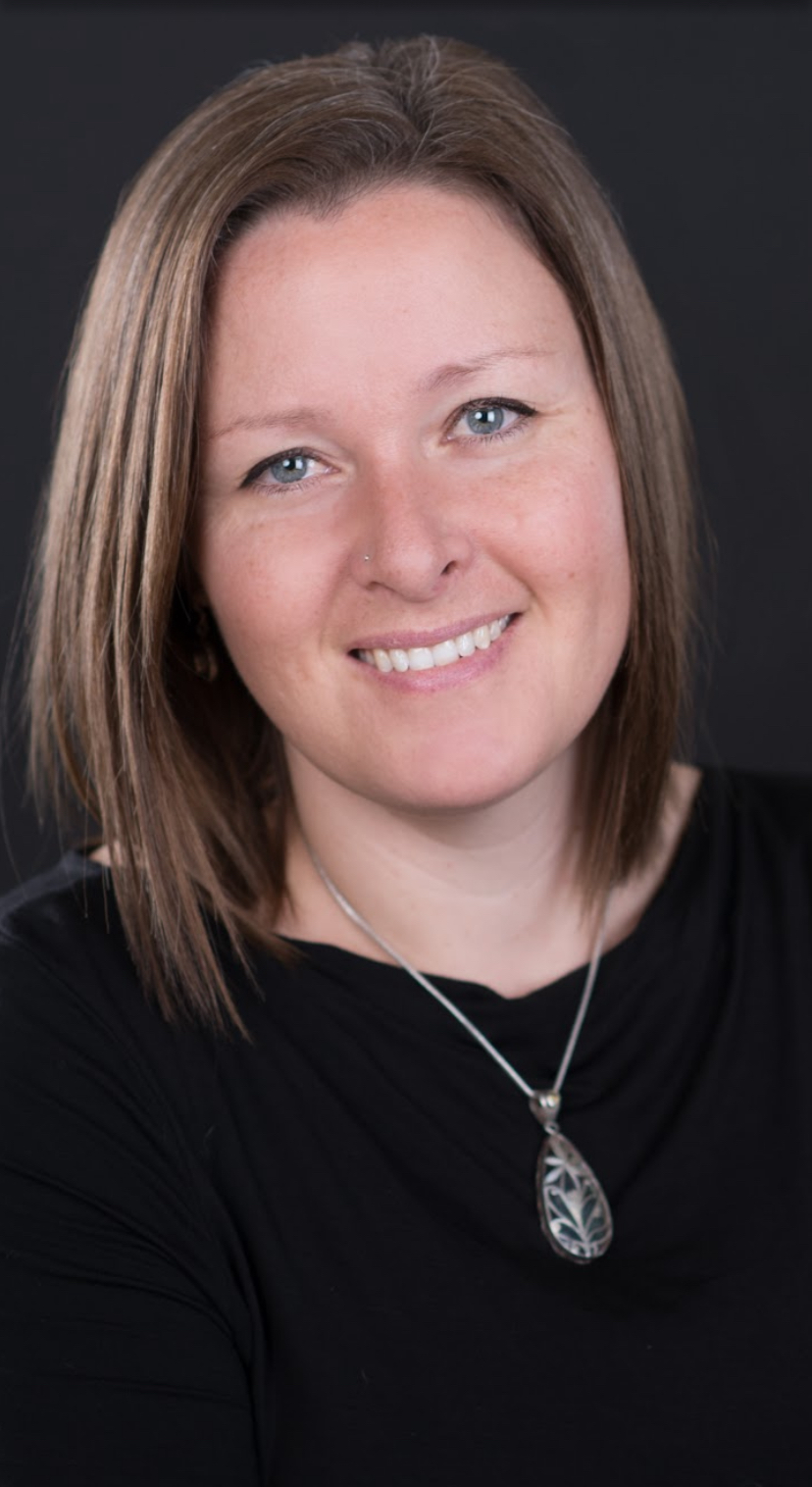
Cari McIntyre
Cari McIntyre is a seasoned emergency management expert with interdisciplinary expertise in anthropology, tourism, human rights, and disaster management. Her extensive career spans hands-on roles—from post-earthquake recovery in Nepal, to championing equitable evacuee-centered services across British Columbia, and leading innovative multi-agency community-informed initiatives in her role with Comox Valley Emergency Management.
Having worked across all three levels of government and in strategic partnerships with First Nations, Cari weaves inclusive, equitable and culturally resonant strategies into structured environments.
She is passionate about knowledge sharing and training that resonates with everyday challenges of communities under strain and governments at capacity. Her boundless curiosity and research-informed approach strike a careful balance between operational resilience and trauma-informed, culturally agile practices—essential for countering burnout and centering wellness in the EOC.
As a skilled facilitator and convener, Cari excels at bringing people together to foster authentic connection and collaboration. Whether in crisis or during routine operations, her blend of technical precision and genuine care challenges leaders to elevate equitable and compassionate responses, making her a compelling and transformative contributor in the field of emergency management.
Honouring What Already Exists: A Relational Reimagining of Emergency Management
Emergency Management is not what it once was- or at least, it shouldn’t be. While the field has begun to shift in theory away from top-down, outside-expert models, we now need to see that shift more fully embraced in practice. For Indigenous communities, the work of care, planning, and resilience is not new. Being in right relationship- with each other, with the land, and with broader systems – has always been central to community survival, well-being, and health.
In a climate changing world, there is a growing need for complex multi-jurisdictional, multi-disciplinary, multi-sector networks that can collaboratively and more holistically address climate and disaster risks. This session explores relational emergency management as an approach that meets that need while honouring the protocols, responsibilities, and forms of care that already exist in communities. Drawing on research and the on-the-ground experience of the presenters, this session will actively engage participants in exploring the potential of relational practices –such as recurring preparedness circles, continuous cultural immersion workshops, iterative community profile updates, joint emergency drills with cultural debriefings, and regular on-ground relationship building – as tools for reducing disaster risks, reinforcing long-term, respectful, and empowering relationships.
As non-Indigenous presenters, we do not speak for Indigenous peoples, but seek to reflect on the ways in which emergency management must learn from and be accountable to the knowledge and leadership already present. While relational approaches may feel novel to some in emergency management, they are foundational to many communities and offer a way forward for building a resilient, healthy and equitable future.

Heather MacKenzie-Carey
Heather MacKenzie-Carey is an emergency management specialist with a Master of Science in Risk Analysis and Disaster Management. Having worked as a Health Educator, Paramedic/Firefighter, Health Science Instructor, Writer, and Emergency Management Consultant for private entities, governments, First Nation Bands and international clients, Heather has enjoyed participating in the evolution of the public health and emergency management industry from several different perspectives.
Heather is an instructor in the Dalhousie University School of Health Administration, works with Innu First Nation Communities to transform educational programming and advance reconciliation and has developed and facilitates an Emergency Management Program for Indigenous students with the Nova Scotia Community College and Confederacy of Mainland Mi’kmaq.
Heather is expanding her cultural awareness, educational background and personal journey and completed the first pilot program of a Graduate Certificate of Education; Decolonizing and Indigenizing Teaching and Learning, from Yorkville University in 2023. Recently, through work with the Gesturing Towards Decolonizing Futures (GTDF) Collective, Heather is exploring new ways of responding and being in relation in a very changed world.
Session Overview
In an era of compounding emergencies—climate upheaval, systemic injustice, and intergenerational trauma—what if our greatest resilience isn’t just in faster responses, but in deeper relationships? This workshop invites Indigenous Health Directors and emergency management professionals into a 45-minute reflective space to explore how emergency response can move beyond protocols into practices of care, accountability, and relational repair. Grounded in the principles of relational leadership and systemic awareness, we’ll explore how our roles in crisis response are entangled with histories of harm and possibilities for healing. Participants will engage in guided reflection, small group dialogue, and grounded storytelling to deepen their capacity to hold complexity without collapse. This is not a training in technical tools—but an invitation into a different kind of preparedness: one rooted in humility, connection, and courage.
Facilitated by Heather MacKenzie-Carey, this workshop supports Indigenous Health leaders in emergency response to deepen relational awareness and collective resilience. Together, we’ll explore how to stay present with complexity, honoring land, lineage, and the responsibilities of care.
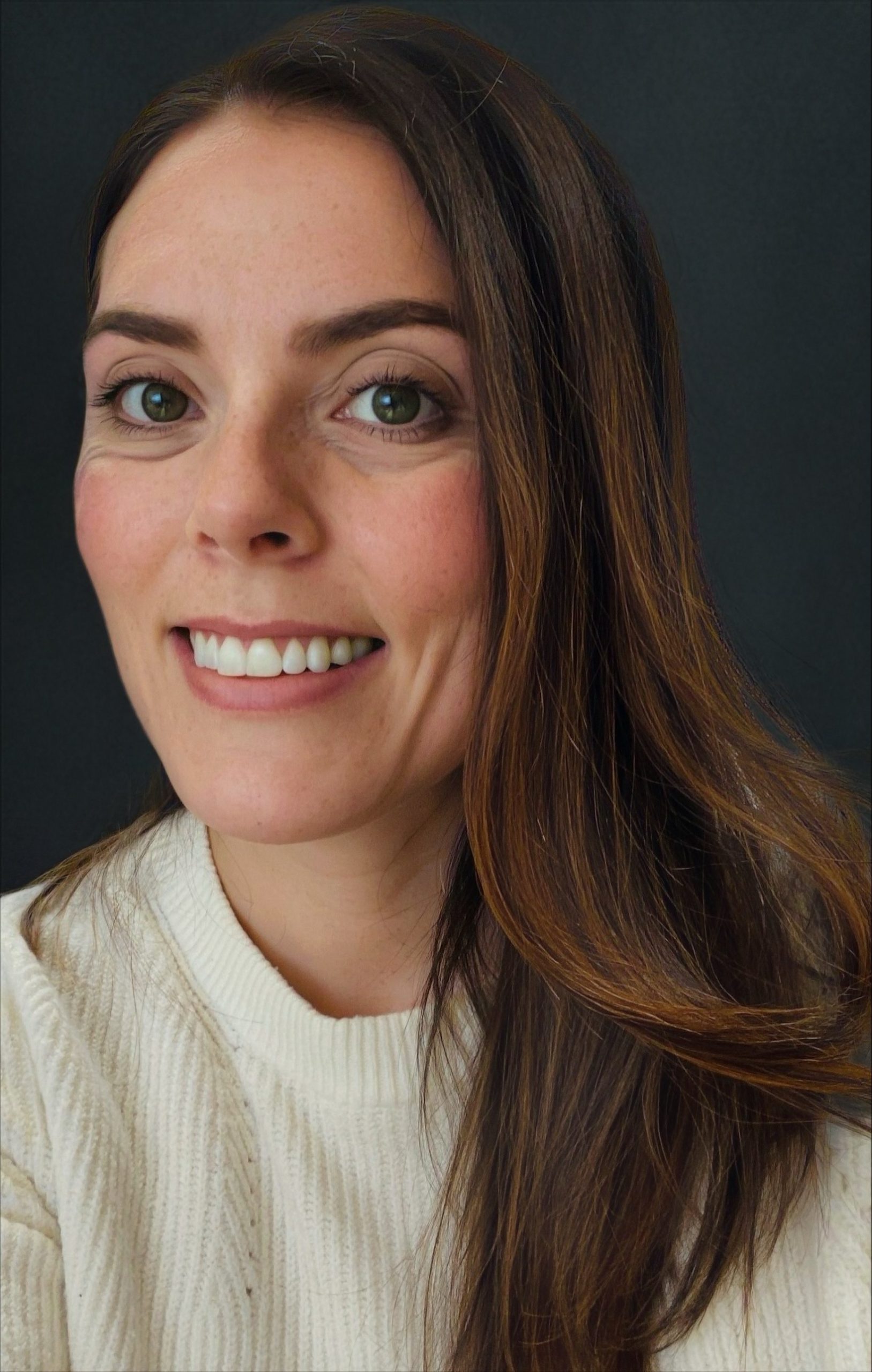
Megan Hudson
Megan Hudson is the Director of Indigenous Programs at the Canadian Red Cross (CRC). Megan is from Black Tickle, Labrador, a small, remote community in the Southern Inuit region of NunatuKavut. Megan holds a bachelor’s and a master’s degree in nursing and practiced as a Registered Nurse in Indigenous communities across Labrador for 12 years before working at the CRC. Megan attributes her strong sense of community and connection to her Indigenous culture to her upbringing in a close-knit community. Megan is passionate about working with communities to strengthen self-determination in health and wellness and is a strong advocate for creating culturally safe environments in the workplace and in the communities with whom she works. Megan lives near St. John’s, NL, with her teenage foster son and two dogs. Megan spends much of her spare time embracing nature and enjoying outdoor hobbies, including hiking, camping, kayaking, and gardening.
Canadian Red Cross Opioid Harm Reduction Toolkit
This session will focus on the Opioid crisis in Canada, including how the Canadian Red Cross is responding to the needs of Indigenous communities as they prepare for and respond to the Opioid crisis. The Opioid Harm Reduction Toolkit is a virtual tool designed to support existing provincial and community tools. An initial provincially or territorially based kit can be sent rapidly for immediate support, with further customization completed through collaborative development based on unique identified community needs. Sample toolkit items may include items related to marketing and awareness, emergency opioid response and preparedness, naloxone access, training and education, safe consumption sites, and other resources that may be regionally applicable. This work is supported by the Help Desk for Indigenous Leadership, a CRC service line that can support Indigenous communities with printable and mailable resources, in-person and virtual training, templates, videos, and community support calls.

